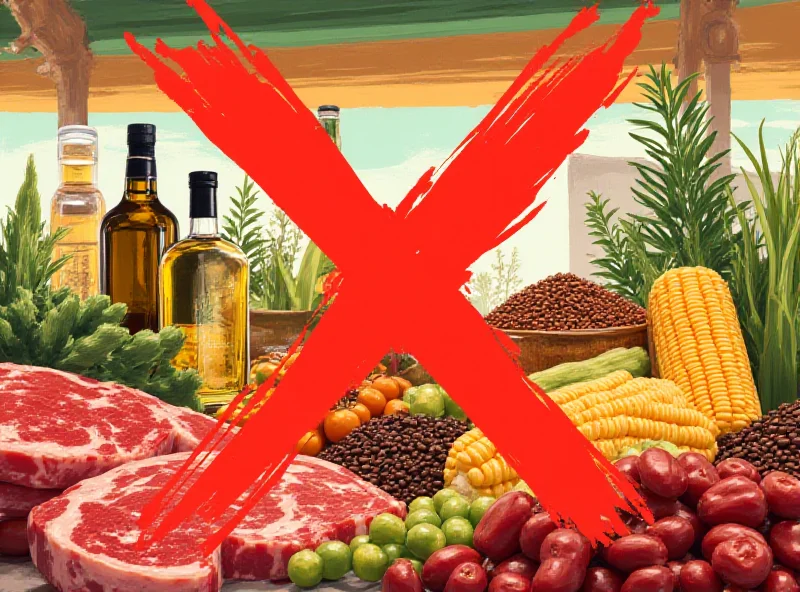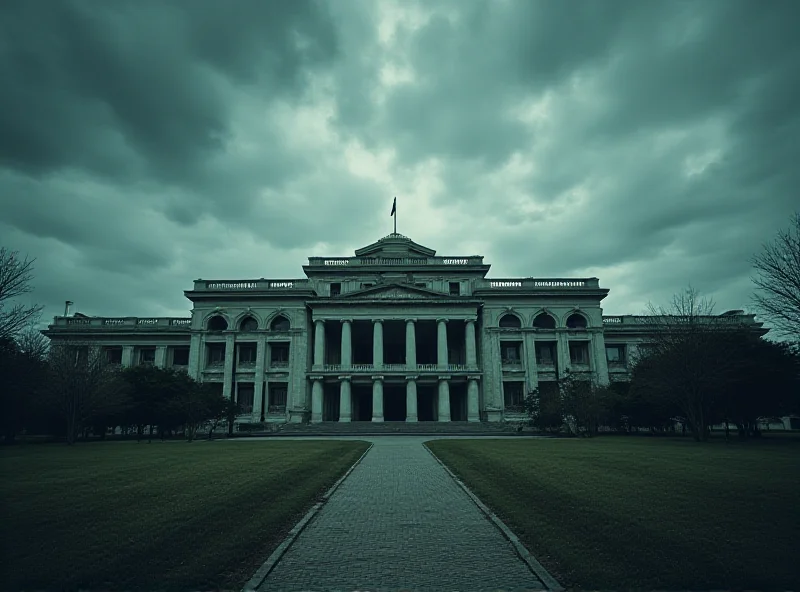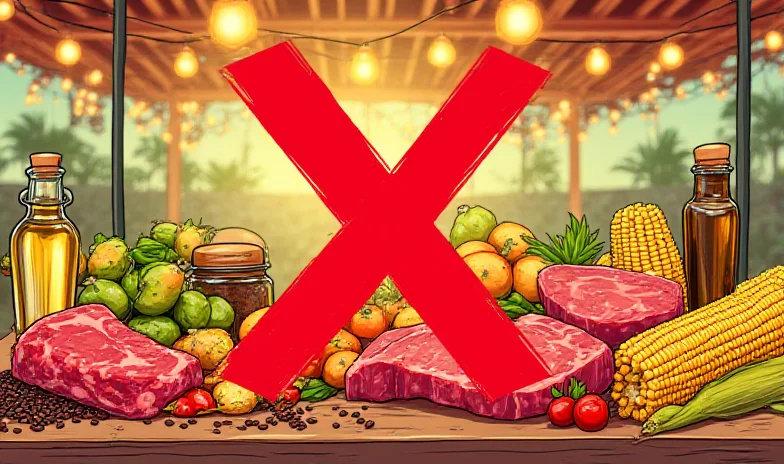President Lula's government is currently navigating a complex political landscape, facing opposition on multiple fronts. From economic policies to social programs and internal appointments, the administration is under scrutiny.
Import Tax Cuts Spark Debate
Vice President Geraldo Alckmin recently announced the elimination of import taxes on essential goods like meat, coffee, corn, sunflower oil, palm oil, olive oil, sardines, and sugar.  The move aims to control rising prices, but it has also drawn criticism from some sectors who fear it could negatively impact domestic producers.
The move aims to control rising prices, but it has also drawn criticism from some sectors who fear it could negatively impact domestic producers.
“This is a necessary step to ensure affordability for Brazilian families,” Alckmin stated during the announcement. However, the long-term effects on local agriculture remain a concern for many.
Pix Restrictions Draw Fire
Another point of contention is the Banco Central's decision to exclude individuals with irregularities with the Federal Revenue from using the Pix payment system. The opposition has strongly criticized this measure, attributing it directly to the Lula government. They argue that it disproportionately affects vulnerable populations.
Critics argue this move represents an overreach of government power and could hinder financial inclusion.  "This is an unacceptable infringement on the rights of citizens," one opposition leader stated in a recent press conference.
"This is an unacceptable infringement on the rights of citizens," one opposition leader stated in a recent press conference.
Political Maneuvering Within the Administration
Adding another layer of complexity, former mayor Marta Suplicy is reportedly campaigning for attorney Marco Aurélio de Carvalho, coordinator of the Prerrogativas group, to be appointed by Lula as the head of the Secretariat-General of the Presidency. This internal maneuvering highlights the ongoing power dynamics within the administration.
The appointment would be a significant one, influencing key policy decisions and potentially shifting the balance of power within the government. 
Lula's Visit to MST in Minas Gerais
President Lula is also scheduled to visit the heart of the MST (Landless Workers' Movement) in Minas Gerais. This marks his first visit to the movement's core since assuming his third term. The visit is likely to be a symbolic gesture of support for land reform and agrarian issues, though it will undoubtedly draw further scrutiny from his political opponents.
These various challenges and initiatives paint a picture of a government actively engaged in shaping the future of Brazil, but also facing considerable headwinds along the way.
